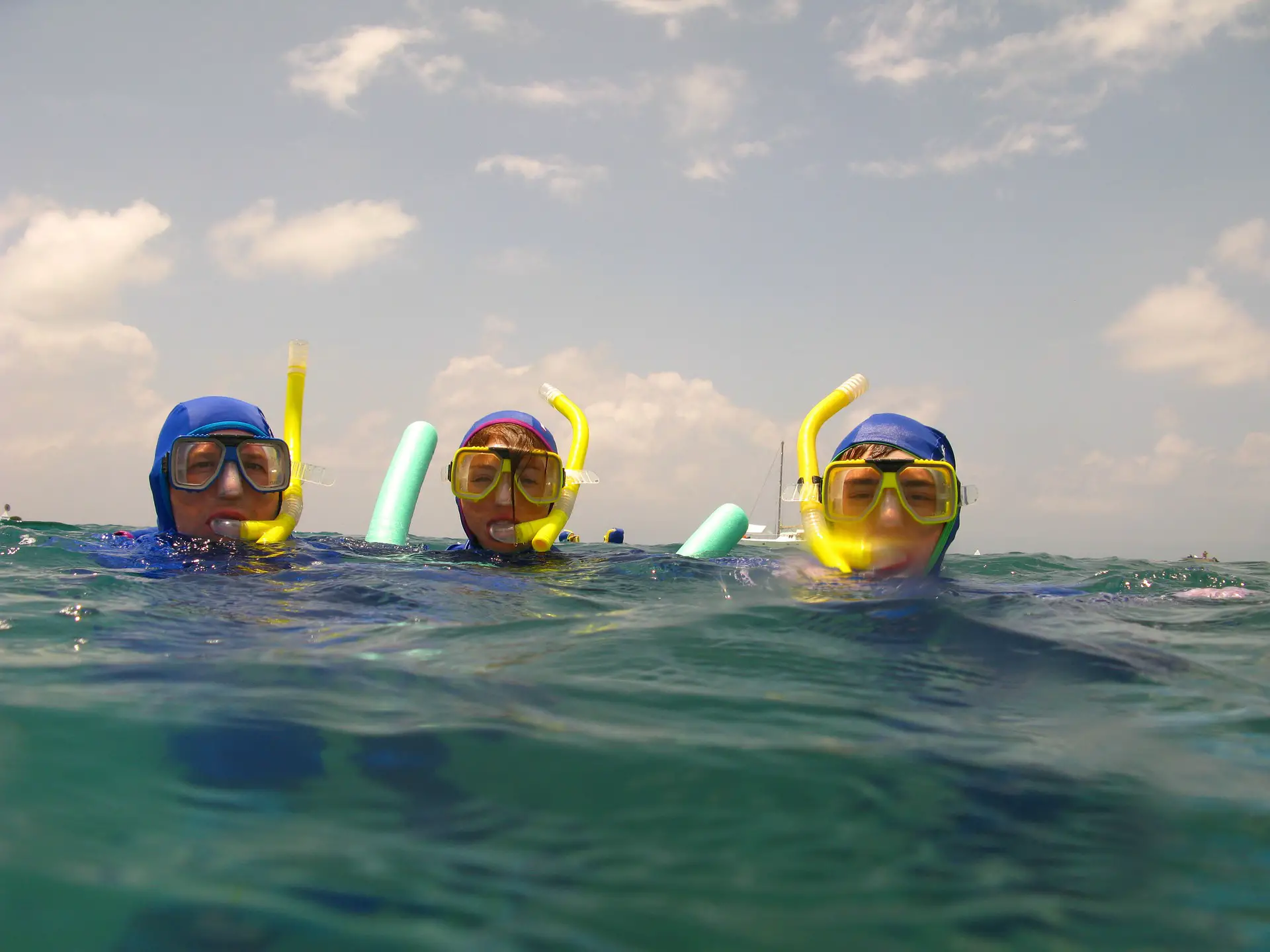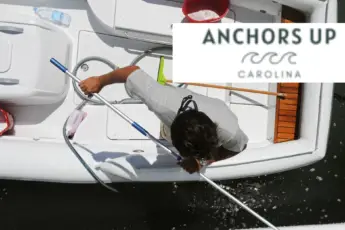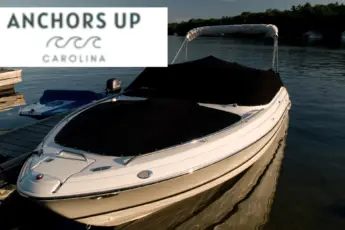Scuba diving and snorkeling are the most entertaining ways to explore sea life below the surface of the water. Of course, the world’s oceans, lakes, rivers, and more are unnatural in humans’ ability to breathe while submerged in water. Thanks to technology, snorkels and scuba gear were designed to assist in this process. There are great snorkel and scuba opportunities in Georgia, South Carolina, and Georgia. Here is what you need to know about snorkeling vs scuba diving.
Do You Need Special Training To Go Snorkeling
Snorkeling does not require specialized training. However, it is crucial to understand the risks involved before entering the water.
When snorkeling independently of a paid tour, be aware of strong currents, sharp lake or seabed, and dangerous aquatic life.
During a snorkeling excursion, listen closely to the instructions of the guide company. The company will make you aware of dangers and advise you to stay within close proximity to maximize safety.
Experienced and inexperienced snorkels find entertainment exploring what lurks beneath.
Do You Need Special Training To Go Scuba Diving
Yes, special training is required to go scuba diving. Never enter the water wearing scuba gear without certification.
To become certified, the trainee must be a minimum of ten years old, in good physical health, a strong swimmer, and pass a PADI or Professional Association of Diving Instructors. Once the course is completed, you are dive certified.
How Do You Breath When Snorkeling
Ensure that the snorkel is attached to the mask. To breathe when snorkeling, place the rubber end of the snorkel into your mouth. Wrap your lips around the mouthpiece and gently bite.
When entering the water, swim face down with the tip of the snorkel remaining above the surface. Breath at a steady rate, avoid rapid intakes, and discharge of air from your lungs.
How Do You Breath When Scuba Diving
Scuba diving and snorkeling have similarities when it comes to breathing. One specific difference is the source of oxygen—divers breath oxygenated air from a tank worn on the back. Conversely, snorkelers are fed oxygen from the air above the surface of the water.
The scuba tank is attached to a hose and regulator. The regulator mouthpiece is worn in the mouth, similar to a snorkel. Again, remember to breathe slow and steady. Rapid breathing quickly depletes the tank.
How Long Can You Stay Underwater With A Snorkel
Snorkelers can remain in the water for as long as they feel comfortable while breathing through a snorkel.
Diving below the surface is an option, but this requires holding your breath. Time spent beneath the surface is highly dependent on the swimmer’s physical abilities. The time ranges between fifteen seconds and two minutes on the high end. Know your limits before pushing to extreme depths.
How Long Can You Stay Underwater Scuba Diving
The time spent underwater is significantly impacted by depth. The deeper the dive, the more limited amount oft of time spent beneath the surface.
When maximizing dive time, focus on depths in the twenty to the thirty-foot range. Expect exploring or spearfishing for twenty minutes or less when the seafloor is 100 feet below the surface.
Lastly, the process of surfacing requires additional time to prepare your body due to high pressures deep below the surface. Ascend slowly from the seabed to avoid health problems or death.
What Can You See When Snorkeling Or Scuba Diving
When snorkeling and scuba diving, you have an entire world beneath the surface to explore. Divers and snorkelers catch glimpses of shipwrecks, natural reefs, made made reefs, and more structures.
The bottom structures are home to fish, crustaceans, colorful corals, and fans. Pack a waterproof camera and snap some shots. Remember, when diving or snorkeling in saltwater, sharks are likely to be within your vicinity. Avoid panicking when sharks are in the vacinity. Remain clear and return to the beach or boat when a shark is approaching.
Lastly, sharks are drawn to the vicinity snorkelers or divers are spearfishing. Should a shark become aggressive, hand off your fresh to the shark as opposed to your limb.
Which Is Better Snorkeling Or Scuba Diving
Either snorkeling or diving is enjoyable because it provides the opportunity to get a close-up look at sea life.
Divers can achieve a more intimate experience with structures and fish beneath the surface of the water. The experience is more personalized because they can get up close as opposed to gazing from the top.
Snorkelers, on the other hand, have a bird’s eye view. While remaining on the surface, visibility is often obstructed in low light conditions and silty waters.
Is Snorkeling Safer Than Scuba Diving
When answering the question on which is safer snorkeling vs scuba diving, you must consider multiple factors.
Scuba divers are prone to dangers when surfacing rapidly as opposed to allowing the body to adjust. Additionally, considering all of the gear, equipment becomes lodged and traps the divers;.
Snorkelers also face risks; however, there are fewer factors. Inexperienced snorkelers who are unfamiliar with currents quickly become set down without taking notice. Lastly, they push limits and excessive distances from the boat or beach.
With either scuba diving or snorkeling, become educated before blindly entering the water.
Snorkeling vs Scuba Diving Which Will You Chose
Snorkeling and scuba diving are fun ways to explore what’s beneath the surface in lakes, rivers, inland waters, and oceans. There are ample diving opportunities available through Georgia, South Carolina, and North Carolina. Remember to utilize a diver down flag when entering the water from a beach or personally owned watercraft. Lastly, become scuba certified and understand the risks when snorkeling.






